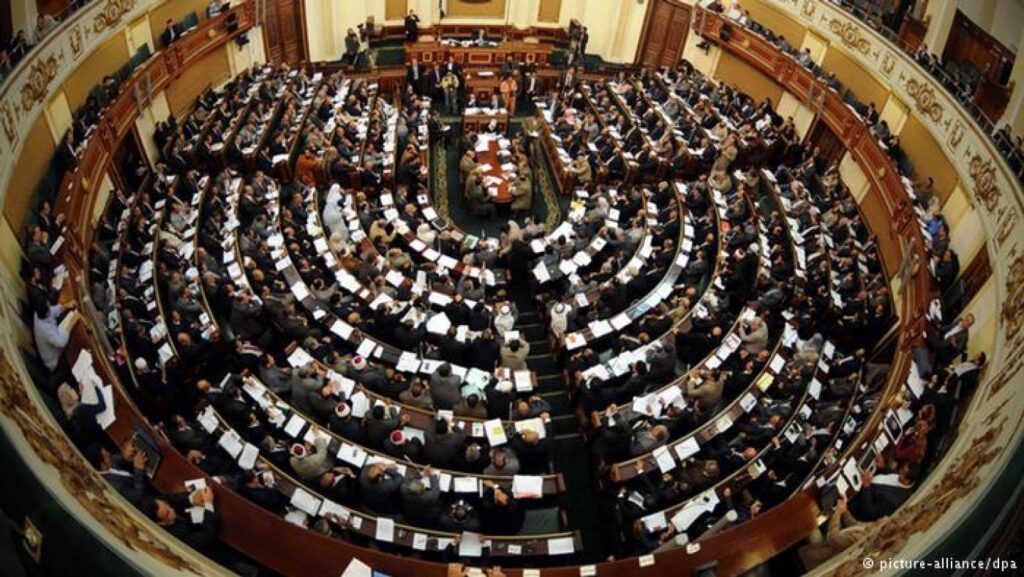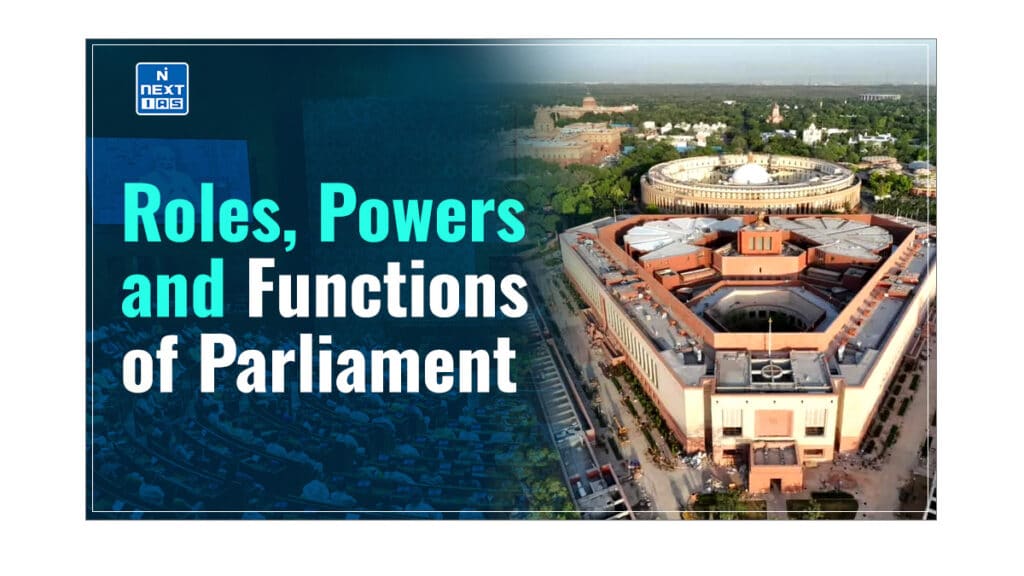Parliament plays a crucial role in the governance and democratic processes of any country. Its primary functions encompass lawmaking, representation, oversight, and budget approval, each of which is integral to the functioning of a democratic state. By fulfilling these roles, Parliament ensures that the government remains accountable to the people, laws are made transparently, and resources are allocated efficiently to meet the needs of the nation.

One of the core functions of Parliament is to enact laws. Members of Parliament (MPs) debate, amend, and pass legislation that addresses the country’s social, economic, and political issues. This process involves rigorous scrutiny and discussion, allowing for diverse viewpoints and expert opinions to shape the final laws. Effective lawmaking ensures that the legal framework of the country remains relevant and responsive to the changing needs of society, promoting justice and order.
In addition to lawmaking, Parliament serves as a representative body, reflecting the will and interests of the populace. MPs are elected to represent specific constituencies, bringing the concerns and aspirations of their constituents to the national stage. This representative function is vital for maintaining a connection between the government and the people, ensuring that diverse communities have a voice in the policymaking process. Through debates, questions, and constituency work, MPs advocate for the needs and interests of their voters, fostering a responsive and inclusive government.

Parliament also plays a pivotal oversight role, holding the executive branch accountable for its actions. This is achieved through various mechanisms, including questioning government officials, conducting inquiries, and examining public expenditures. Committees within Parliament are tasked with scrutinizing the implementation of policies and the management of public resources, ensuring transparency and preventing abuse of power. This oversight function is essential for maintaining the integrity and efficiency of the government, safeguarding public trust in democratic institutions.
Another significant role of Parliament is the approval of the national budget. MPs review and debate the government’s proposed budget, ensuring that public funds are allocated effectively to different sectors such as healthcare, education, and infrastructure. By exercising this power, Parliament ensures that resources are distributed in a manner that aligns with national priorities and addresses the needs of the population. This financial oversight helps prevent mismanagement and corruption, promoting sustainable development and economic stability.

In conclusion, the roles of Parliament in a country are multifaceted and vital for the functioning of a democratic state. Through law-making, representation, oversight, and budget approval, Parliament ensures that the government operates transparently, efficiently, and in the best interest of the people. By fulfilling these roles, Parliament not only upholds democratic principles but also contributes to the stability and prosperity of the nation.




